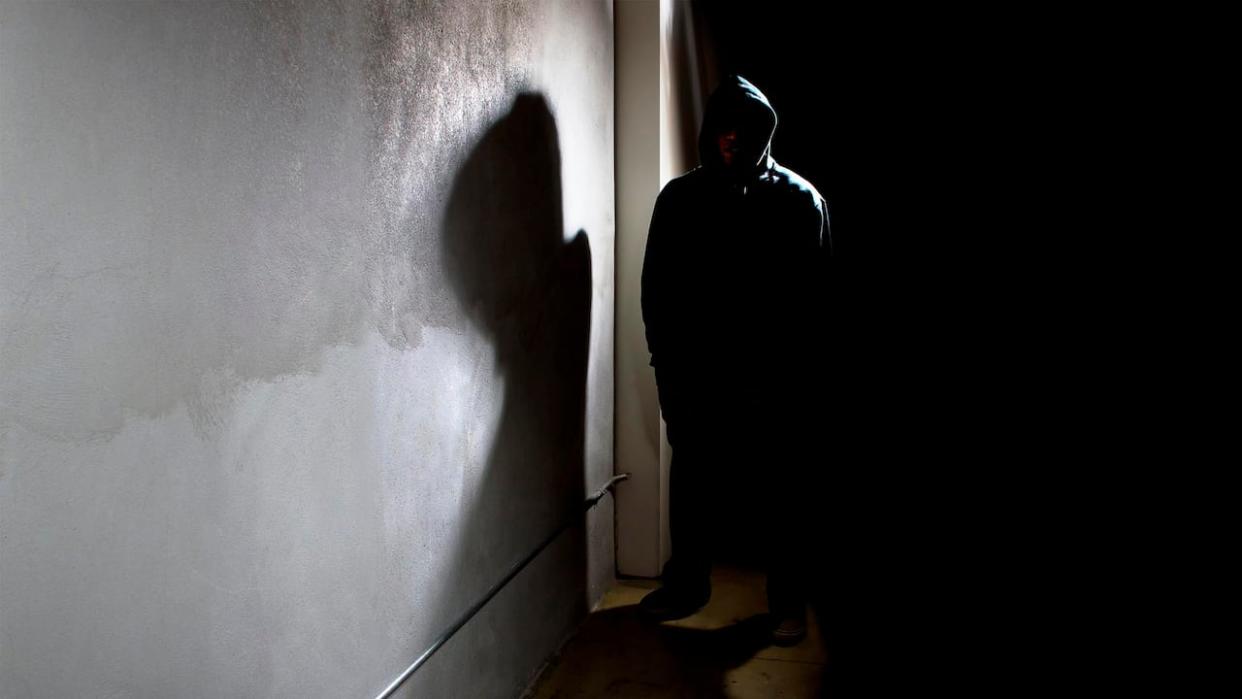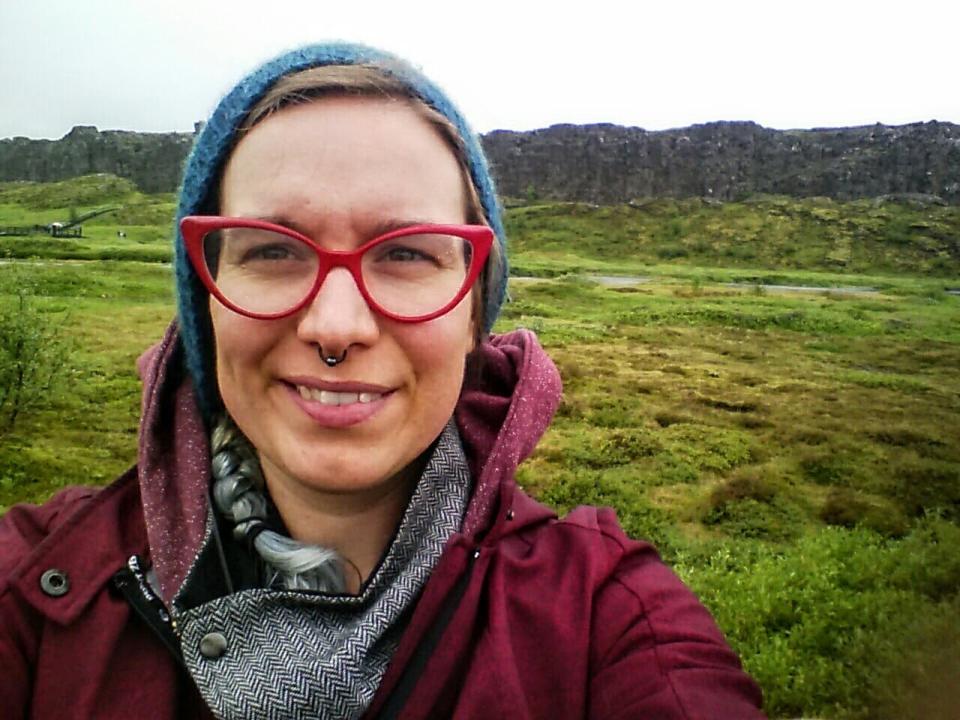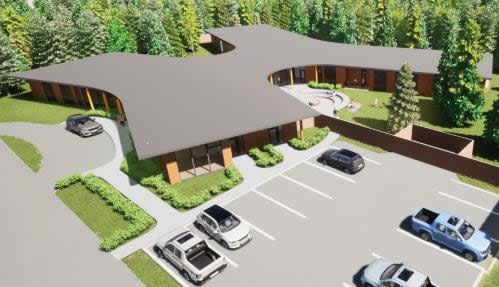Stalking and criminal harassment in Yukon more common than most realize, says support worker

Yukoners are more likely to experience stalking than the average Canadian, according to data from Statistics Canada, and a women's support worker says remote living may be a reason why.
January is Stalking Awareness Month, and Crickett Wilder of the Dawson Women's Shelter is encouraging Yukoners to learn how they can help keep their friends and family safe.
Stalking happens to "way more folks than you know," she said.
"It always has this element of fear and fear for one's safety. Stalking can happen in our workplaces, it can happen in our homes," she said.
"What we're seeing in the Yukon is barriers like not having cellphone access where you live, not having reliable Internet, being really far from your closest neighbour, not having access to your car. Those are all things that influence someone's ability to exert power and control over you."
Criminal harassment
In 2022 the RCMP recorded 106 criminal harassment offences in the territory. Accounting for the Yukon's population, that's more than triple the average incidence rate for Canada that year.
Criminal harassment can include repeatedly following someone, repeatedly communicating with them, or watching the place where that person lives or works.
In addition the RCMP recorded 162 indecent/harassing communications offences in the Yukon in 2022, which is about five times higher than the average incidence rate for Canada when accounting for population.
This type of criminal communication can include messaging, calling or sending letters to someone with the intention of hurting or alarming them.
The majority of stalking victims are women and young people.

Dawson City Women's Shelter Program Manager Crickett Wilder says people who experience stalking have a "really, really tough time reaching out." (Submitted by Crickett Wilder)
'Really worried about your safety'
Wilder said people who experience stalking have a "really, really tough time reaching out."
"They often wait until things become extremely dangerous or they're not the only one at risk," she said.
Wilder said friends, family, neighbours, classmates and coworkers have a big role in recognizing stalking.
"It's knowing how to approach these folks and say, 'Hey, I'm really worried about this person's behaviour. I'm really worried about your safety. So how can I help you get connected to resources, or listen, or drive you to a lawyer's appointment? How can I help and make sure that I see your face tomorrow?'"
She encouraged people to learn about the many support services offered by women's shelters.

A new 32-bed shelter planned for Whistlebend in Whitehorse. The Council of Yukon First Nations says the shelter, scheduled to open in fall this year, will support Indigenous women and children. (Submitted by Council of Yukon First Nations)
"Really when folks think of the three, soon to be four, women's shelters in the Yukon, they think of that emergency bed. And that is like one per cent of what we do," she said.
"There are a lot of people who access our service who never come in and and use that emergency shelter program. They come in for things like face-to-face or over-the-phone safety planning, connections with resources, listening and validating because that's huge."
Indigenous-focused support
The Yukon Aboriginal Women's Council offers a safe place for Indigenous women in Whitehorse.
Its MMIWG Outreach Program Coordinator Joy O'Brien said there is counselling support available, and free hot lunches through the Sally & Sisters program.
Sometimes, she said, women come to the centre because they are in danger.
"They feel that they have been followed, they have been harassed. I don't know if they call it stalking, but that's kind of what it is and they don't feel safe"
In those instances, O'Brien said they help the women record the incident.
"We make sure that they make note of the description, the date, the time location that it happened, if there's any witnesses around, what was exactly said ... and if they want to take this further to the RCMP or if it's just a one-off thing that they think they're able to handle," she said.
O'Brien also noted men who come into their space are kindly asked to leave, as some women may feel triggered by their presence.
If you are experiencing stalking or violence in the Yukon, resources are available:
Yukon Distress and Support Line: 1-800-563-0808
Kaushee's Place Crisis Line: 1-867-668-5733
VictimLinkBC: 1-800-563-0808 (toll-free, 24/7, multilingual service available, covers the Yukon as well as B.C.)
Victim Services/Family Violence Prevention Unit: 1-800-661-0408 (ext. 8500)


